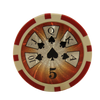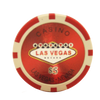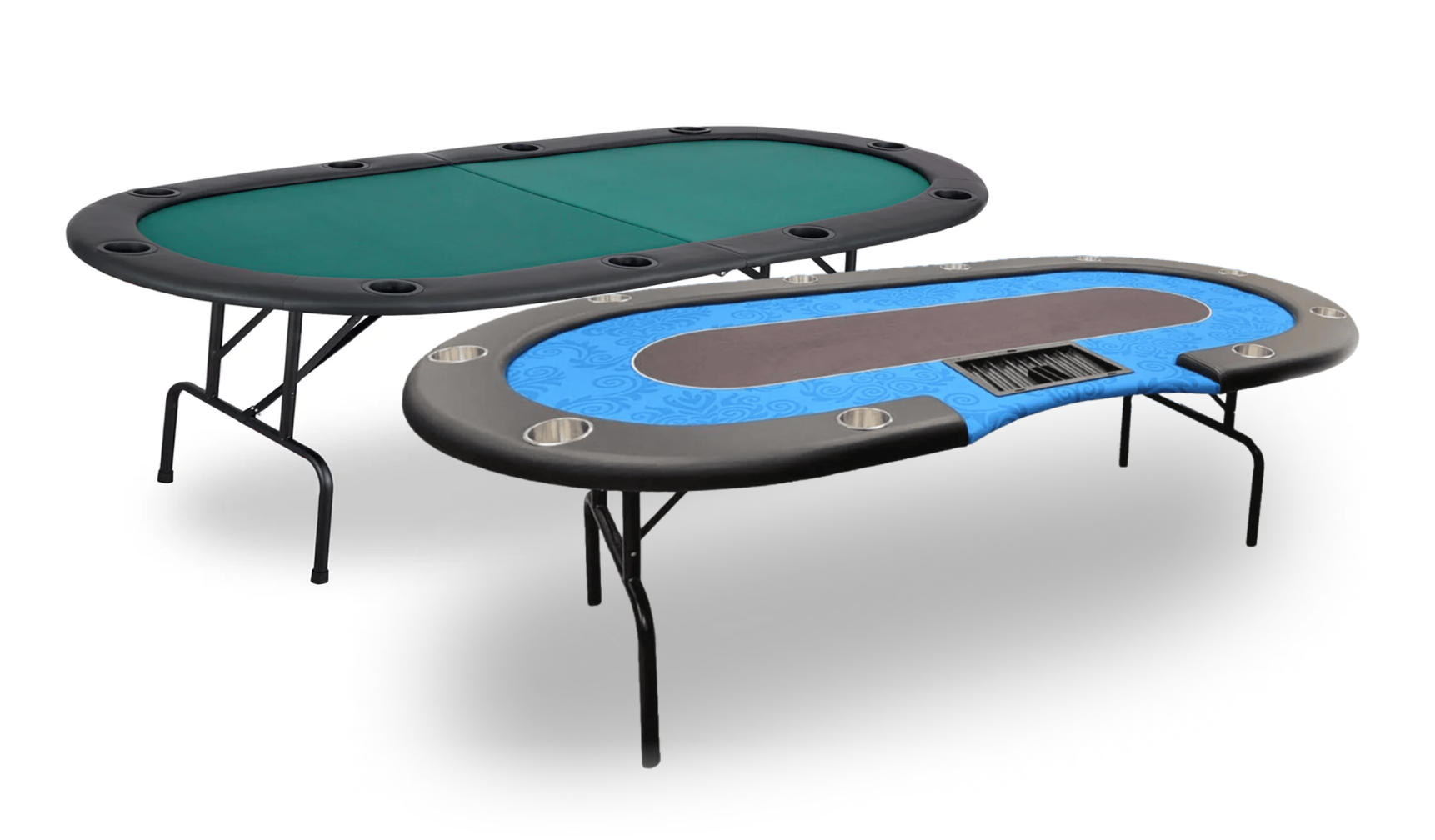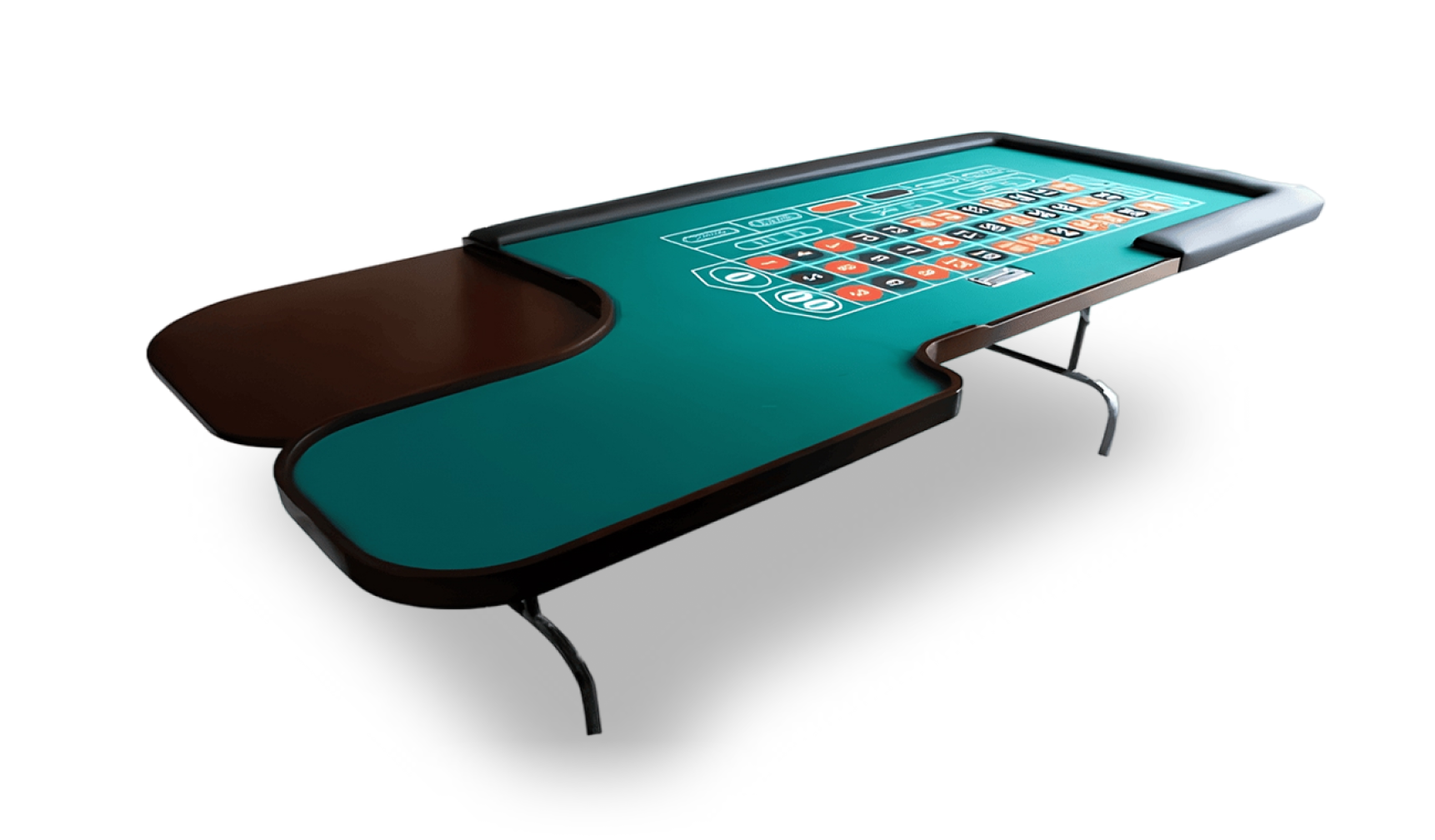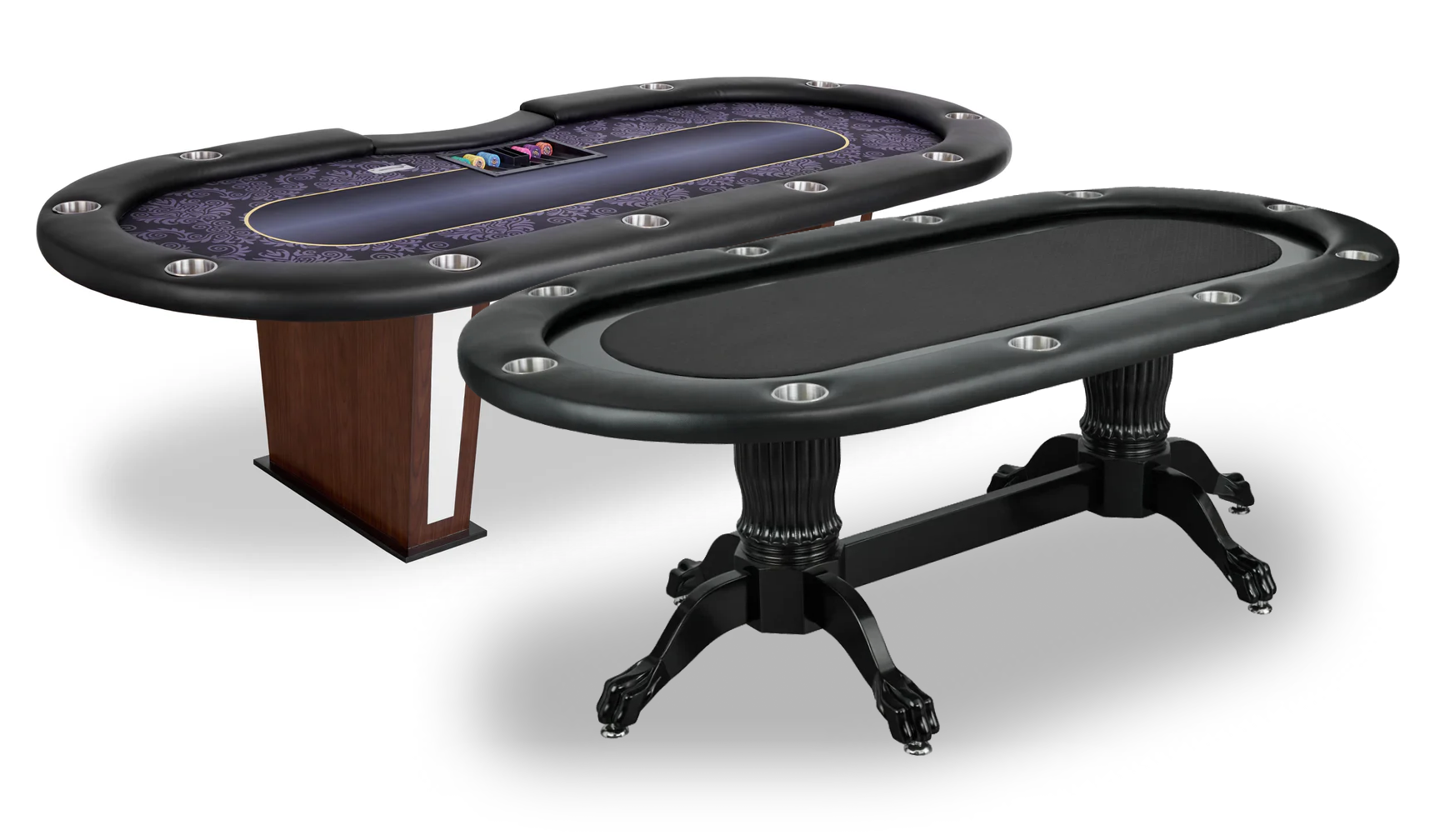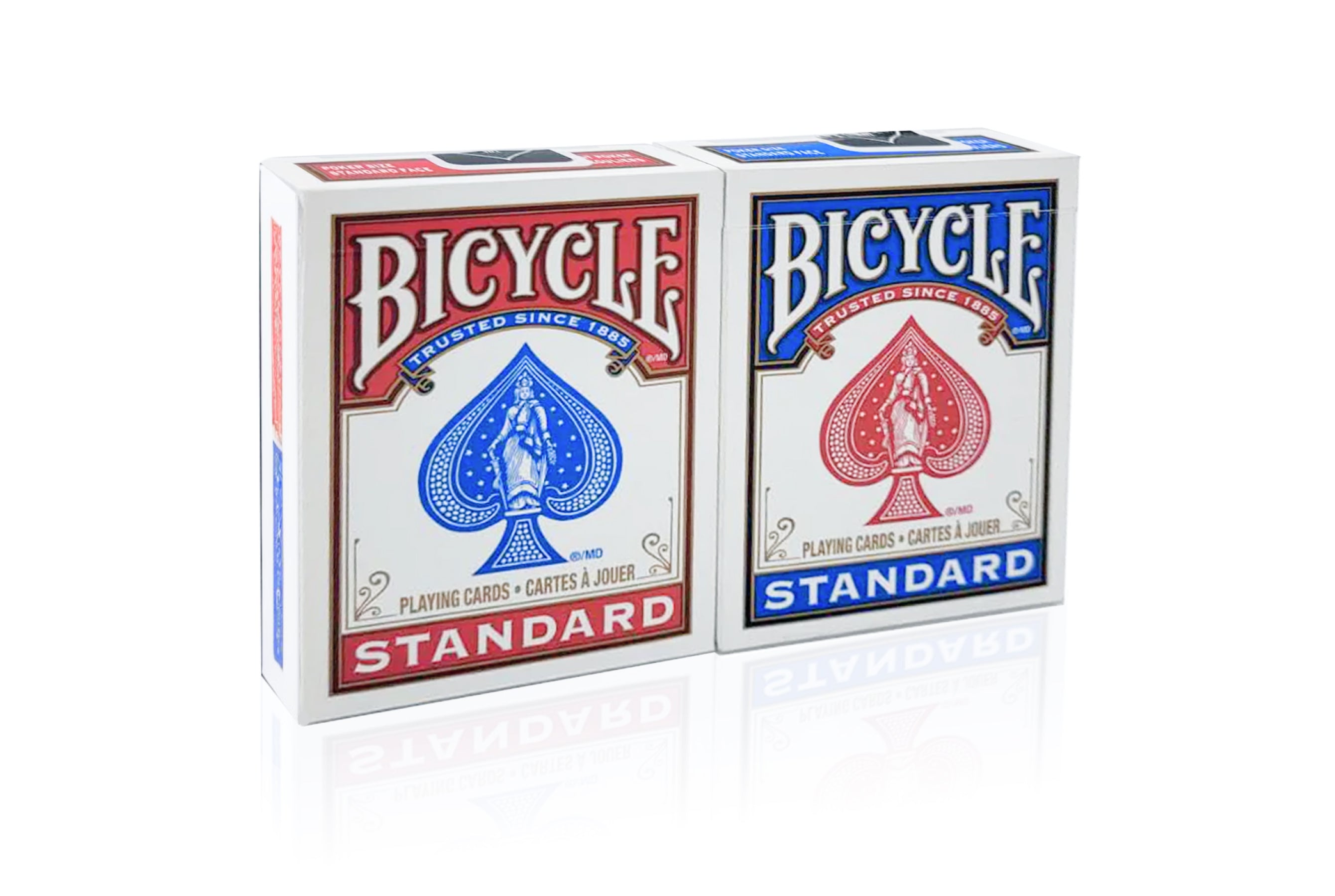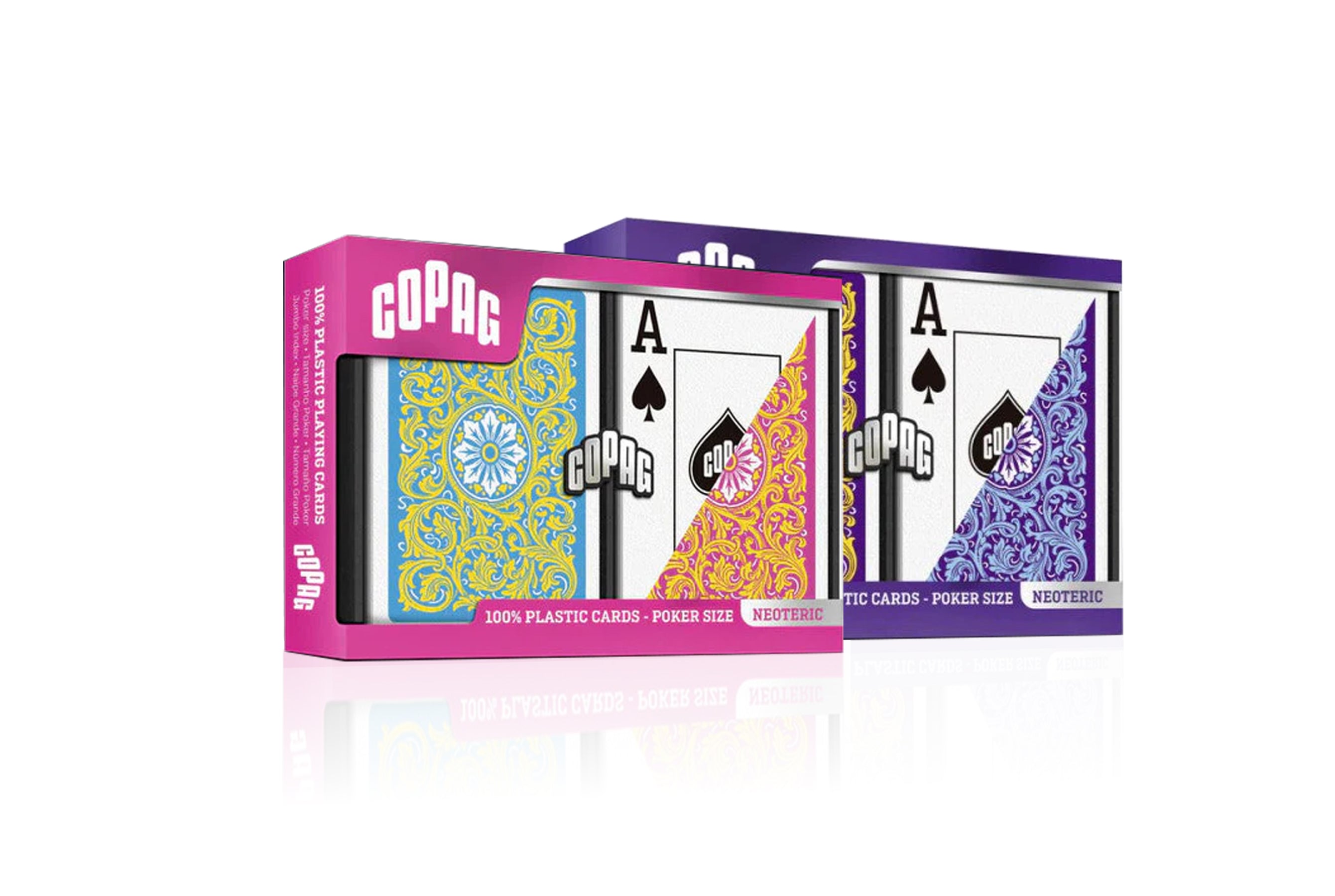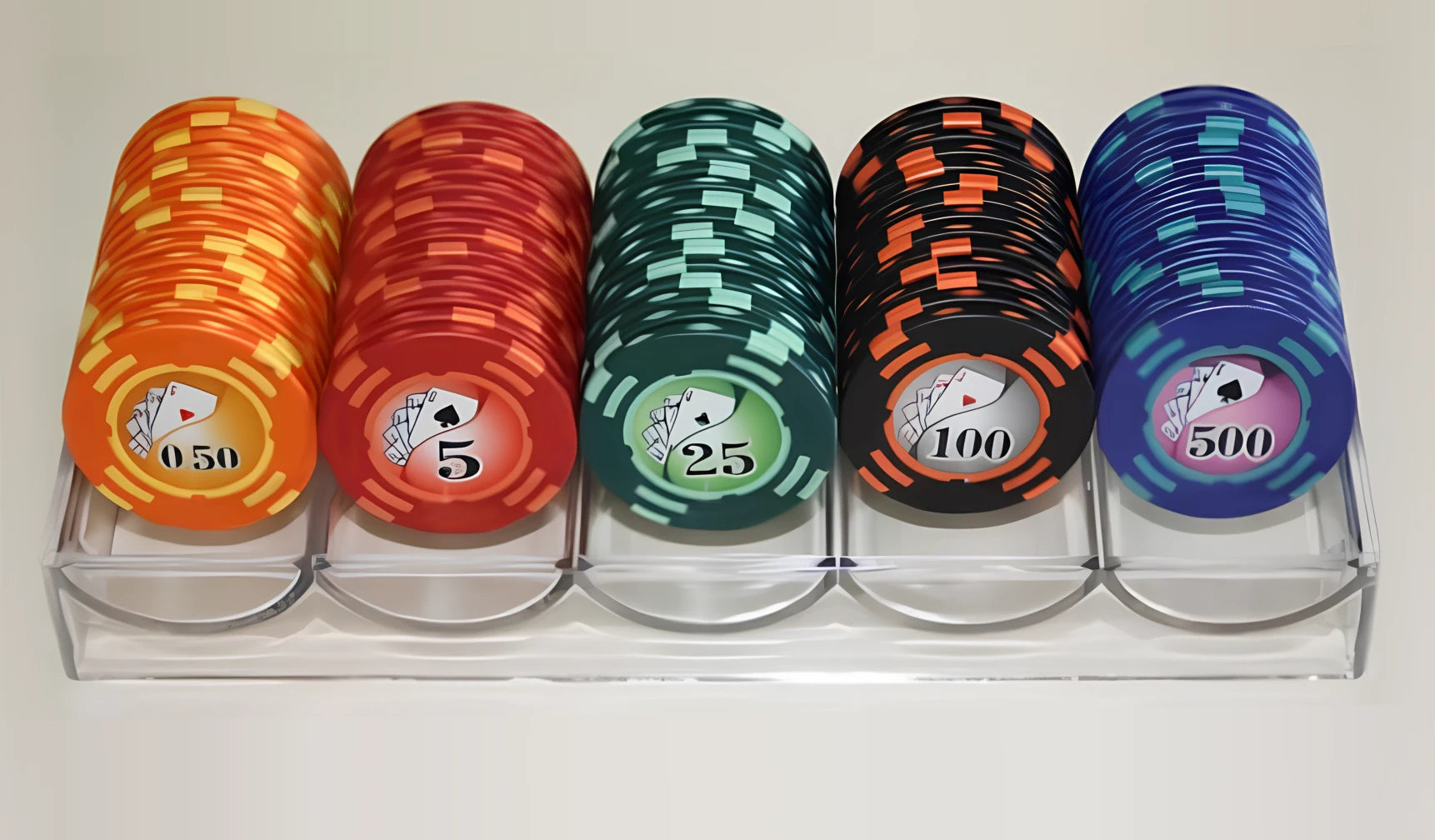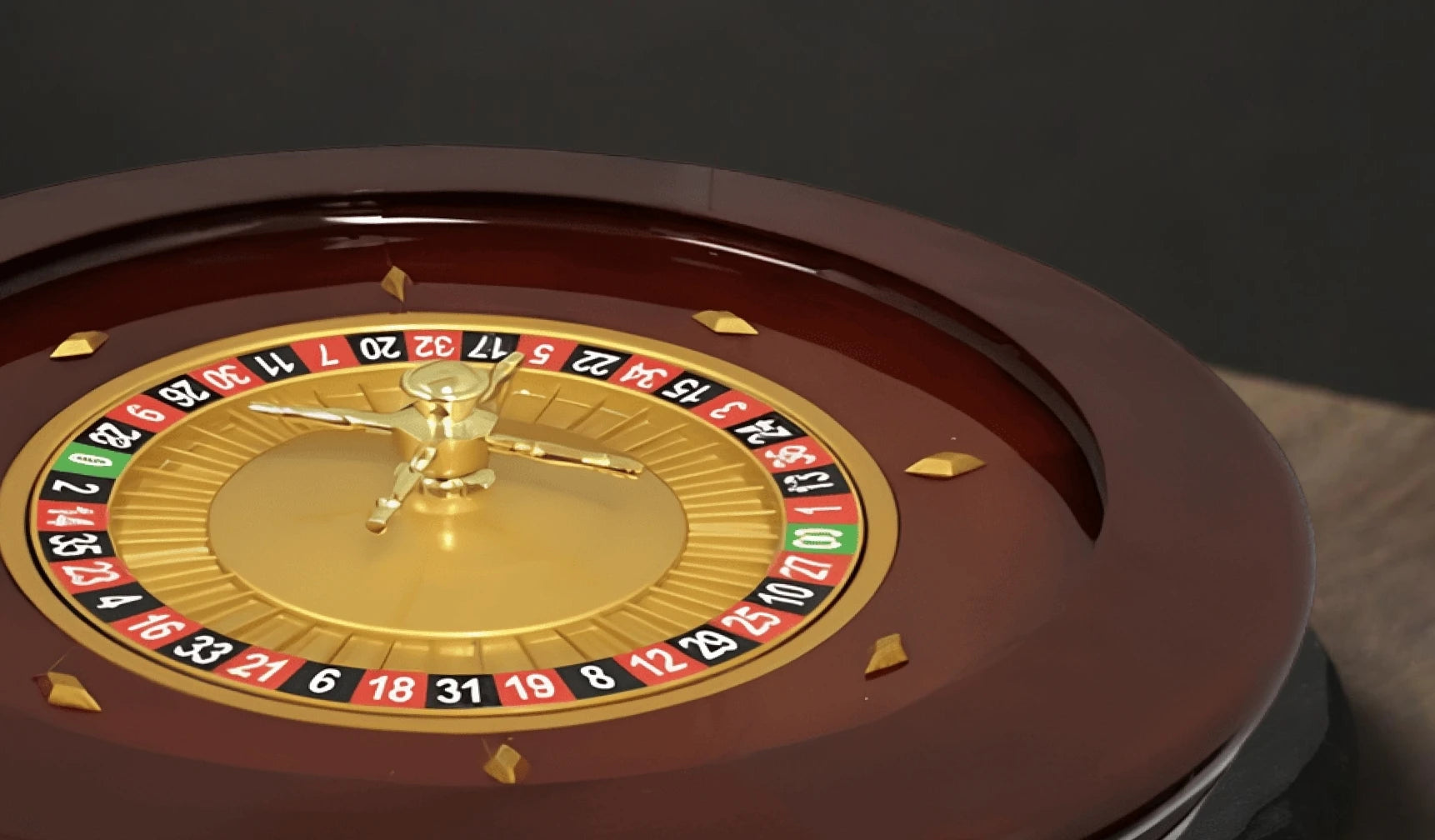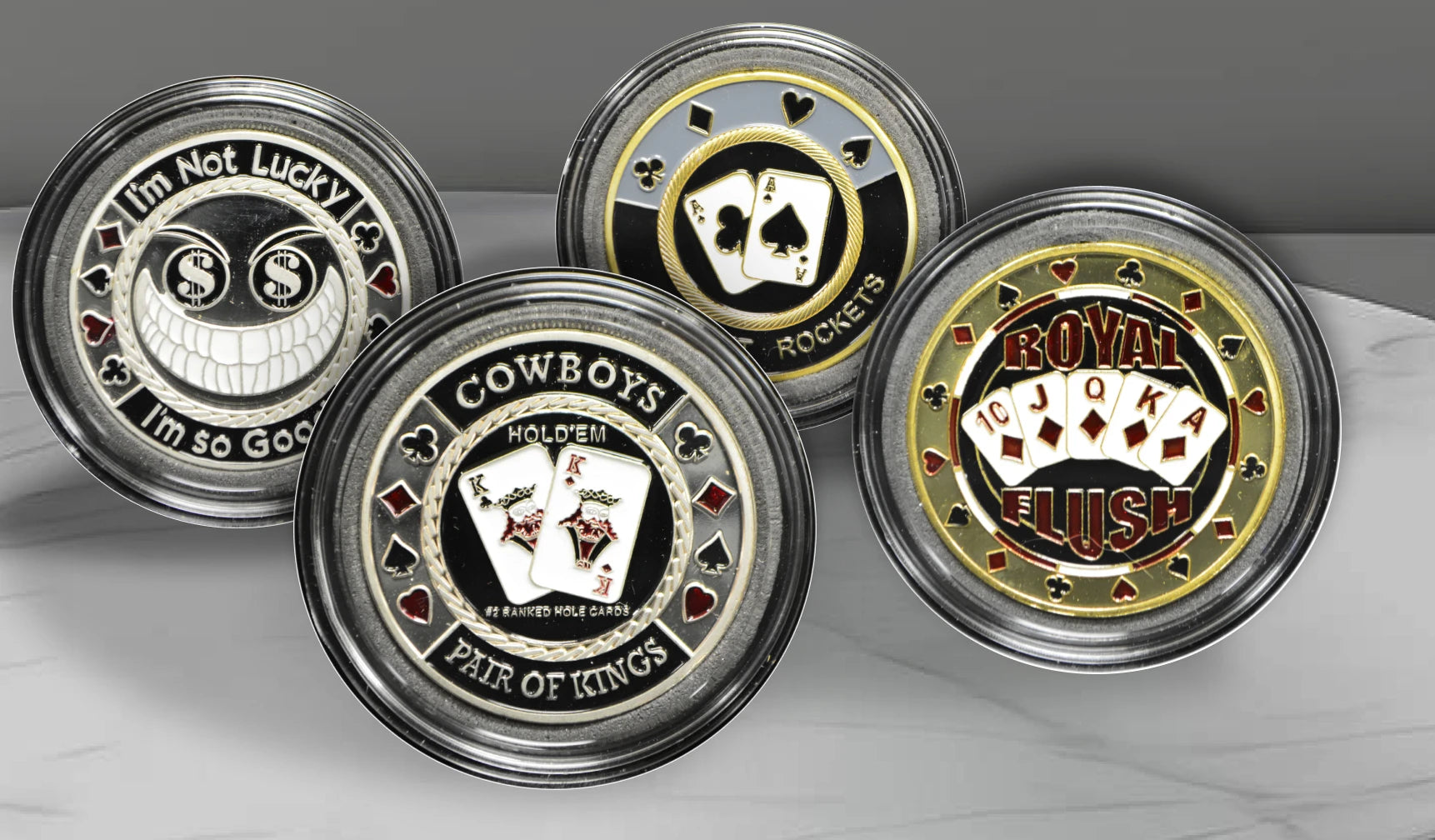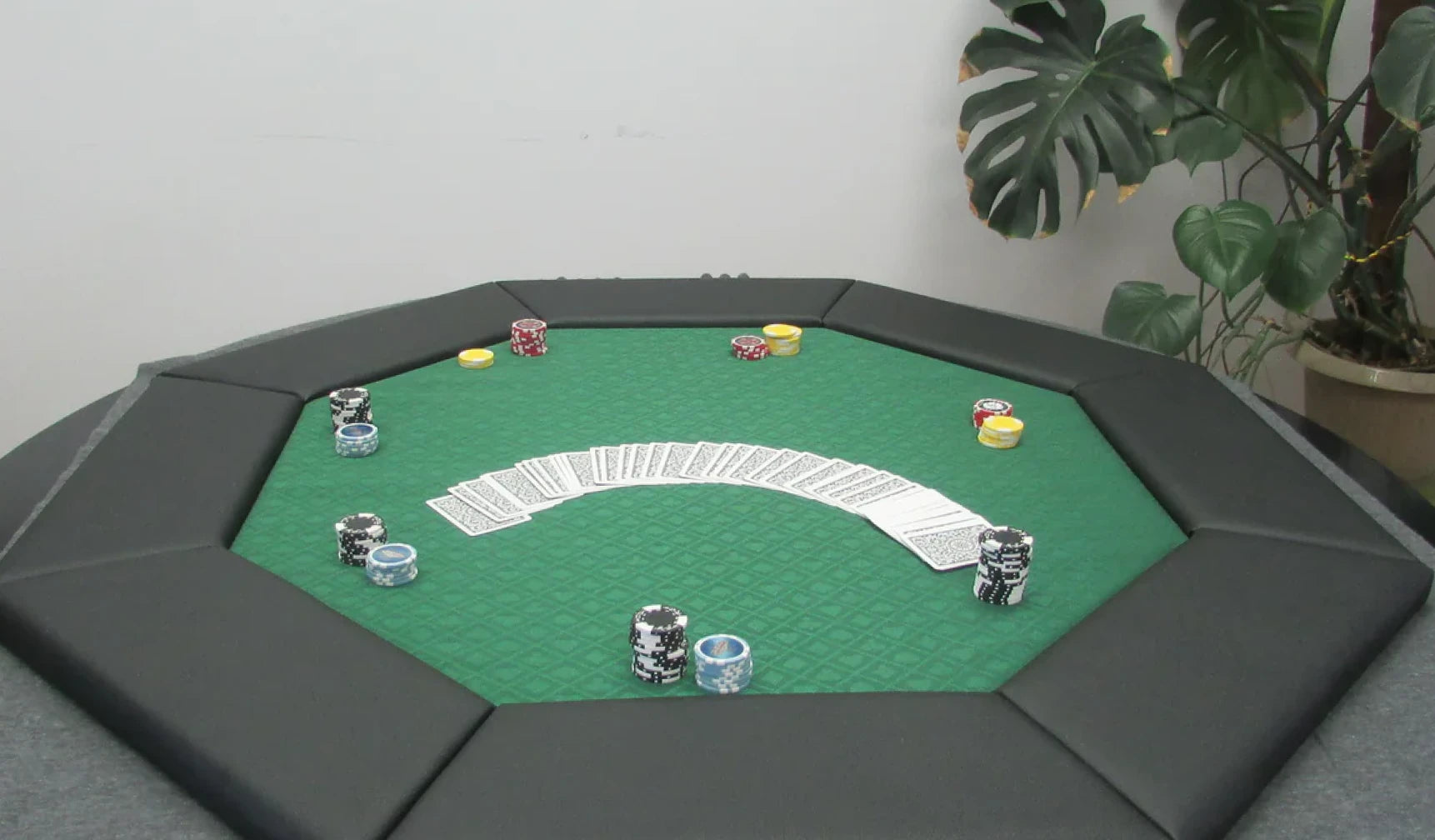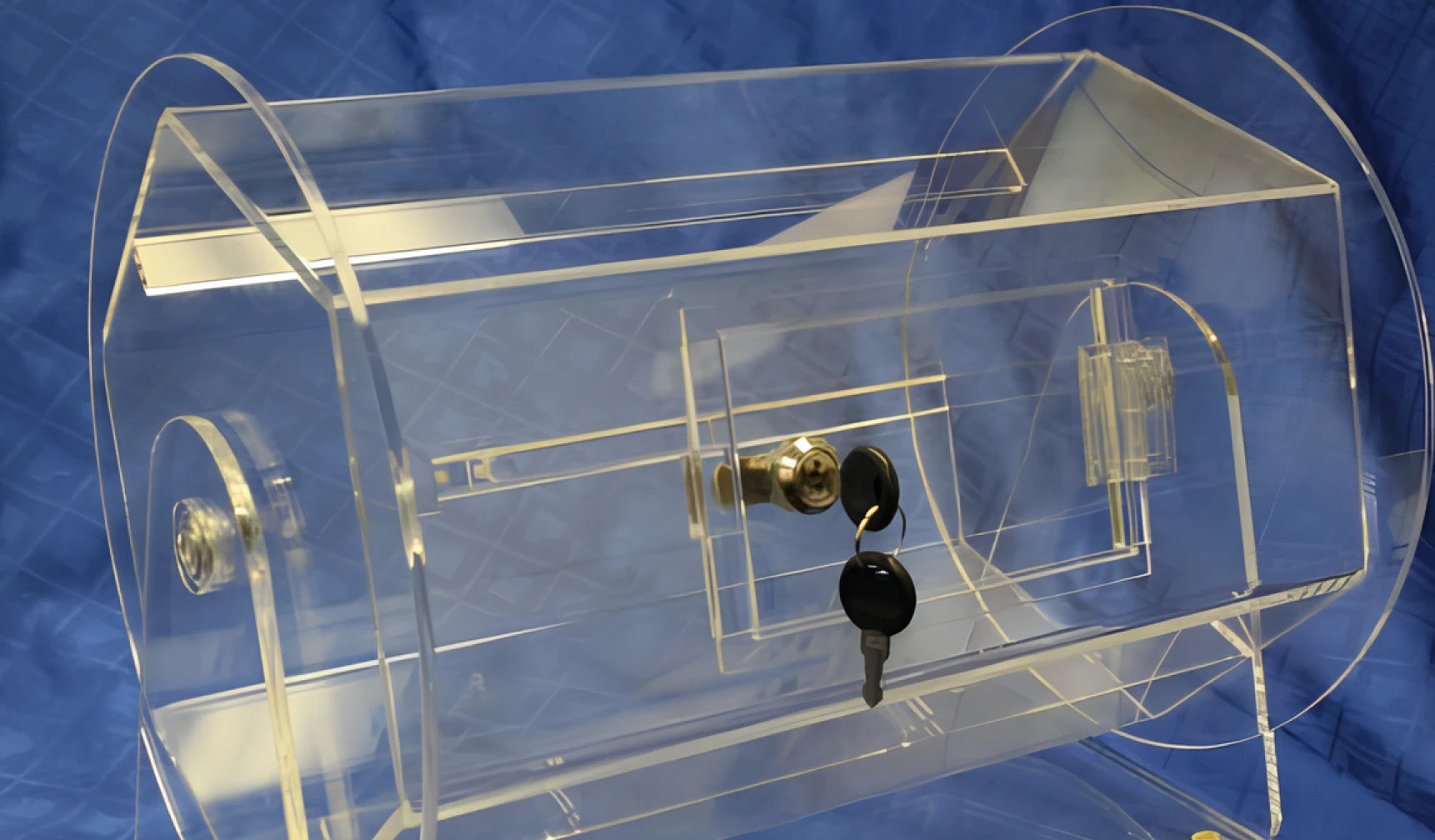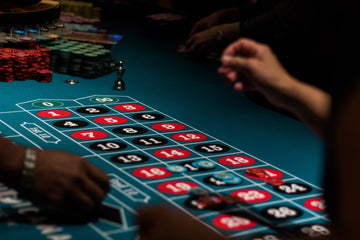The Mind Game: Understanding the Psychology of Poker
Poker is often thought of as a game of skill, strategy, and luck. However, one of the most critical elements that separate amateurs from pros is the psychological aspect of the game. Mastering the mind game in poker can give you a significant edge over your opponents, allowing you to win hands not just with good cards, but with smart thinking. In this blog, we’ll explore the key psychological strategies that can enhance your poker performance.
1. The Power of Bluffing
Bluffing is an art in poker, and when done correctly, it can be a game-changer. The ability to convince your opponents that you have a stronger hand than you actually do can force them to fold winning hands. Successful bluffing requires a deep understanding of human behavior, timing, and the confidence to carry out the deception. It’s not just about the cards you hold, but about the story you tell with your bets and body language.
2. Reading Your Opponents
Understanding your opponents’ tendencies and behaviors is crucial in poker. Every player has tells—subtle physical or behavioral clues—that can give away the strength of their hand. By keenly observing how your opponents act in different situations, you can learn to spot these tells and use them to your advantage. For example, a player who suddenly becomes quiet or starts to fidget may be bluffing or holding a weak hand.
3. Controlling Your Emotions
One of the most challenging aspects of poker is controlling your emotions, especially when the stakes are high. Tilt, a term used to describe a state of emotional frustration, can lead to poor decision-making and costly mistakes. Learning to stay calm and composed, even after a bad beat, is essential for long-term success. Techniques such as deep breathing, taking short breaks, and maintaining a focus on long-term goals can help manage tilt.
4. Mental Preparation
Before you even sit down at the table, mental preparation is key. Poker is a marathon, not a sprint, and being mentally ready for a long session is crucial. This includes getting a good night’s sleep, staying hydrated, and setting a clear strategy for how you plan to play. A well-prepared mind is less likely to fall victim to stress and more likely to make rational decisions under pressure.
5. Tools of the Trade
While psychology plays a major role in poker, having the right tools can enhance your experience and help you focus better on the game. High-quality poker chips, for example, can add a professional feel to your games and help maintain the authenticity of a real casino experience. Consider using premium poker chips like the Monte Carlo Poker Chips from MRC Poker, which offer a perfect blend of weight, feel, and durability. Additionally, using well-crafted cards, such as KEM 100% Plastic Playing Cards, ensures that your focus remains on the game rather than on managing worn or flimsy cards.
Conclusion
Mastering the psychological aspects of poker can transform your game from good to great. By understanding the importance of bluffing, reading opponents, controlling emotions, and preparing mentally, you can gain an edge over even the most seasoned players. And remember, pairing your mental game with top-notch poker equipment from MRC Poker ensures that you’re fully equipped for success at the table.
Whether you’re a seasoned pro or just starting out, focusing on the mental side of poker is what will ultimately elevate your game to the next level.
